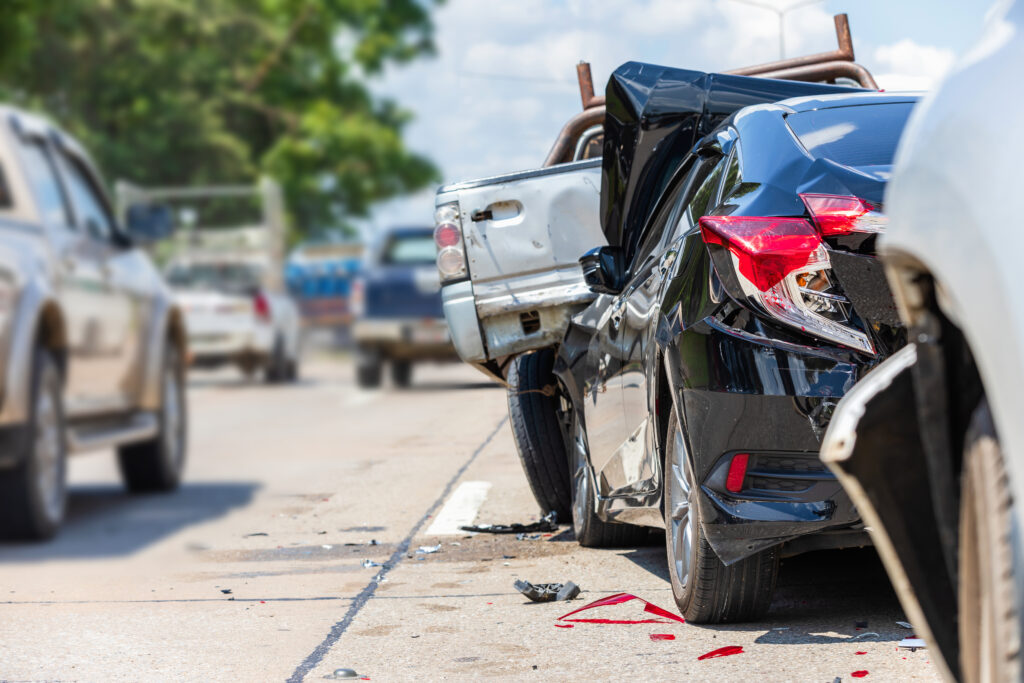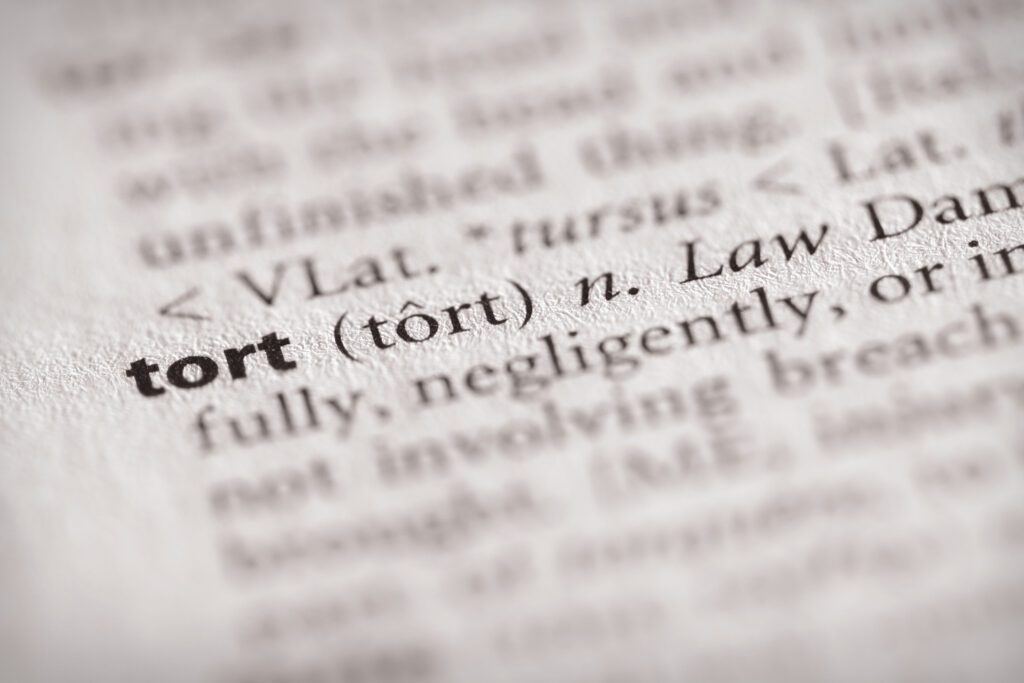
When dealing with personal injury claims under Florida law, understanding the statute of limitations is key. This legal term refers to the time limit within which you can file a lawsuit after getting injured or having an accident. Missing this deadline could mean forfeiting your right to seek compensation for your damages.
General Time Limits
In Florida, the general statute of limitations for personal injury claims is two years from the date of the accident or injury if the claim is based on negligence. However, there’s a notable exception. If your injury happened before March 24, 2023, you might have four years to file your claim.
Medical Malpractice
For medical malpractice cases, the rules are a bit different. Typically, you have two years from the date of the incident to file a lawsuit, or two years from when you discovered the injury if it wasn’t immediately apparent. However, there’s also a four-year statute of repose, which means you can’t file a claim more than four years after the incident, regardless of when the injury was discovered.
Wrongful Death
In wrongful death cases, the statute of limitations is generally two years from the date of death. It’s crucial to consult with a qualified attorney, such as Greg Linehan, to determine the specific deadlines for your situation to avoid missing any important cut-off dates.
Acting Quickly Matters
One key thing to remember is that evidence and witness testimony can become less reliable over time. It’s always better to take legal action sooner rather than later to boost your chances of a successful claim. Plus, gathering evidence and building a strong case takes time, so starting early gives your attorney the chance to thoroughly investigate your claim.
Claims Against Government Entities
If you’re filing a personal injury claim against a government entity or agency in Florida, there are additional steps and rules to follow. An experienced personal injury attorney, such as Greg Linehan, can guide you through this process and help protect your rights.
Final Thoughts
Understanding these laws is vital for anyone considering a personal injury claim in Florida. Keeping track of important deadlines and seeking legal advice promptly can make all the difference in obtaining the compensation you deserve. If you are considering filing a personal injury claim, don’t wait. Consult with our team today to discuss your case and protect your rights.









